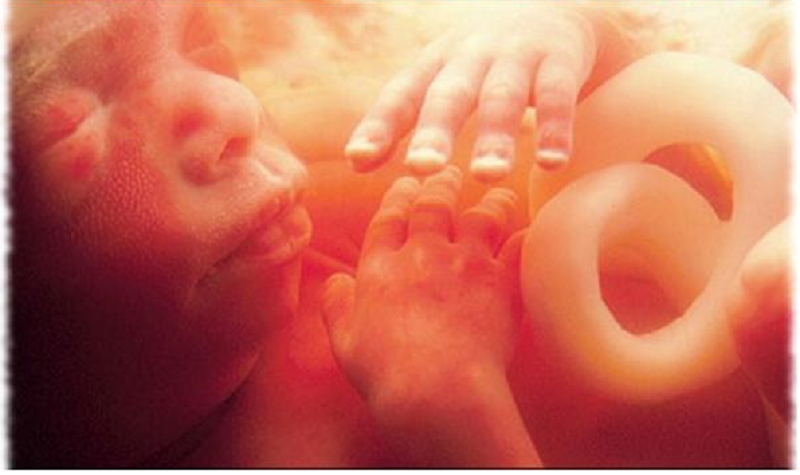An Arkansas lawmaker hopes to replicate the life-saving success of the Texas heartbeat law by introducing similar legislation in his state.
KNWA Fox 24 reports state Sen. Jason Rapert, R-Conway, plans to introduce a heartbeat bill during an upcoming special session of the Arkansas legislature.
The bill would prohibit abortions once an unborn baby’s heartbeat is detectable, about six weeks of pregnancy, and allow private citizens to sue abortionists who violate the law.
“We’ve been talking about pro-life bills every single session since I’ve been up here in 2010,” Rapert said. “I would say it’s past time to stop abortions in our state, which I am fully committed to.”
Rapert said he recently spoke with Gov. Asa Hutchinson, a pro-life Republican, about his proposed bill.
LifeNews is now on GETTR. Please follow us for the latest pro-life news
The governor signed a near-total abortion ban into law earlier this year, but a federal judge blocked the law in July. Hutchinson has not commented publicly on Rapert’s proposed bill.
The Dallas Morning News reports more:
Rapert, who said he’s the “original sponsor of the first #HeartbeatBill to pass in America in 2013,” shared a fill-in-the-blank PDF of a “Model State Heartbeat Act,” intending to make it easier for other legislators to introduce the SB 8-style bill in their own states.
If the bill passes and Arkansas is allowed to enforce it, thousands of babies could be saved from abortion every year. The state reported 3,154 abortions in 2020.
About a dozen states have passed heartbeat laws, but Texas is the first in the nation to be allowed to enforce one. Since the law went into effect Sept. 1, pro-life leaders estimate 3,000 babies have been saved from violent abortion deaths.
What has kept courts from blocking the Texas law is the unique private enforcement mechanism, which allows private citizens to hold abortionists accountable for violating the law; most laws are enforced by state or federal government officials. However, the legal battle is far from over, and no one knows if the Texas law ultimately will be upheld as constitutional.
In 1973, the U.S. Supreme Court took away the states’ ability to protect unborn babies from abortion under Roe v. Wade, and instead forced states to legalize abortion on demand. Roe made the United States one of only seven countries in the world that allows elective abortions after 20 weeks of pregnancy.
This December, the high court is scheduled to hear a major abortion case out of Mississippi that directly challenges this precedent.
Since Roe, nearly 63 million unborn babies have been legally aborted in the U.S. Polls consistently show that a strong majority of Americans oppose abortions in the second and third trimesters and many support heartbeat laws that protect unborn babies at their earliest stage of life.








